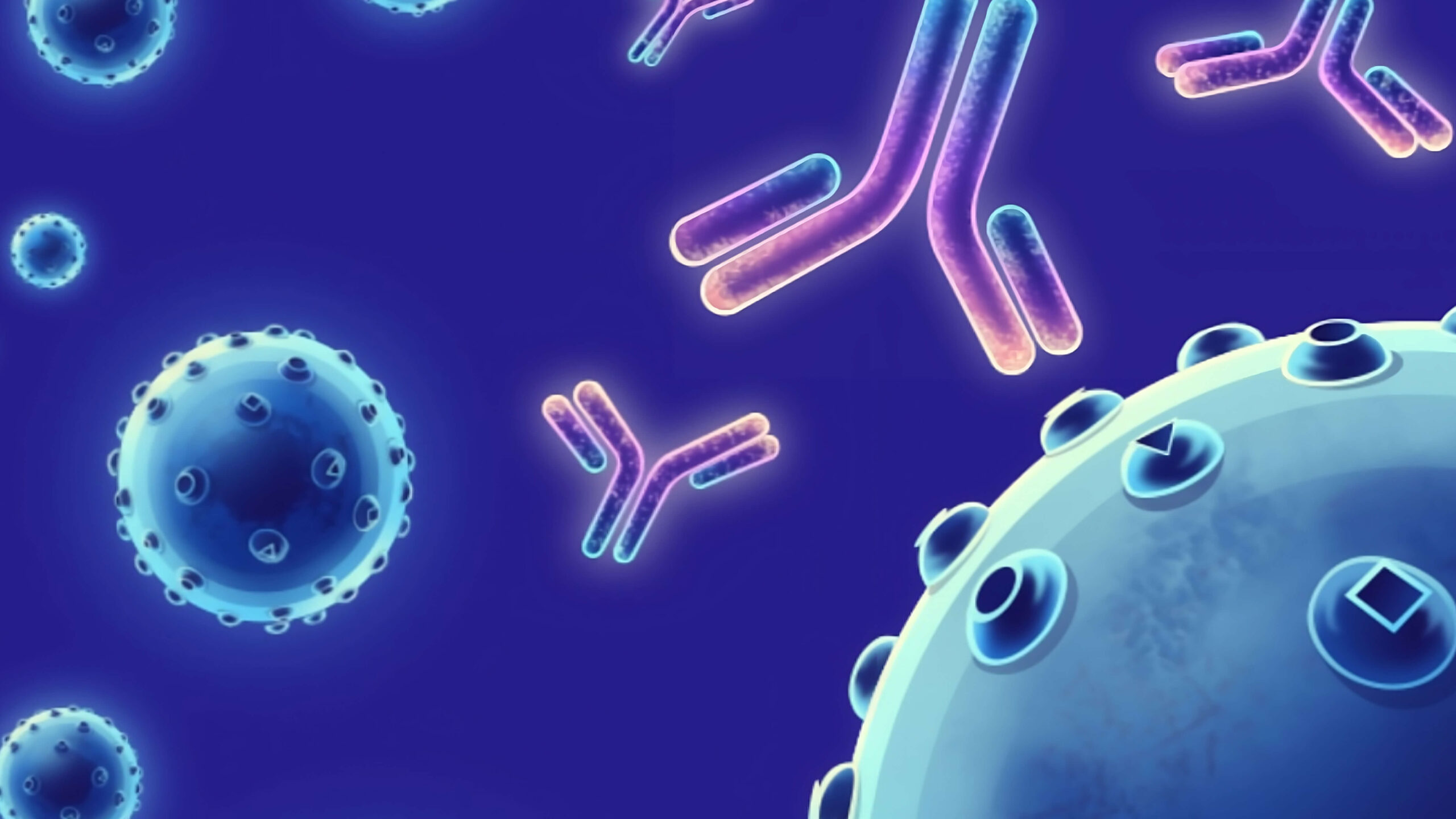Description
UBE2D4 is a member of the ubiquitin-conjugating E2 family whose members perform the second step in the ubiquitination reaction. Initially identified as the main process for protein degradation, ubiquitination is believed nowadays to be crucial for a wider range of cellular processes. The outcome of the ubiquitin-conjugation reaction, and thereby the fate of the substrate, is heavily dependent on the number of ubiquitin molecules attached and how these ubiquitin molecules are inter-connected. To deal with this complexity and to allow adequate ubiquitination in time and space, a highly sophisticated conjugation machinery has been developed. In a sequential manner, ubiquitin becomes activated by a ubiquitin-activating enzyme (E1), which then transfers the ubiquitin to a group of ubiquitin-conjugating enzymes (E2s). Next, ubiquitin-loaded E2s are interacting with ubiquitin-protein ligases (E3s) and ubiquitin is conjugated to substrates on recruitment by the E3. These three key enzymes are operating in a hierarchical system, wherein two E1s and 35 E2s have been found and hundreds of E3s have been identified in humans. It has been identified the UBE2D family (UBE2D1-4) as E2 partners for IDOL that support both autoubiquitination and IDOL-dependent ubiquitination of the LDLR in a cell-free system.
Target
UBE2D4
Target Alias Name
HBUCE1
Isotype/Mimetic
Rabbit IgG
Animal-Derived Biomaterials Used
No
Sequence Available
No
Original Discovery Method
Phage display technology
Antibody/Binder Origins
Animal-dependent discovery (in vitro display, OR immunisation pre-2020), In vitro recombinant expression

